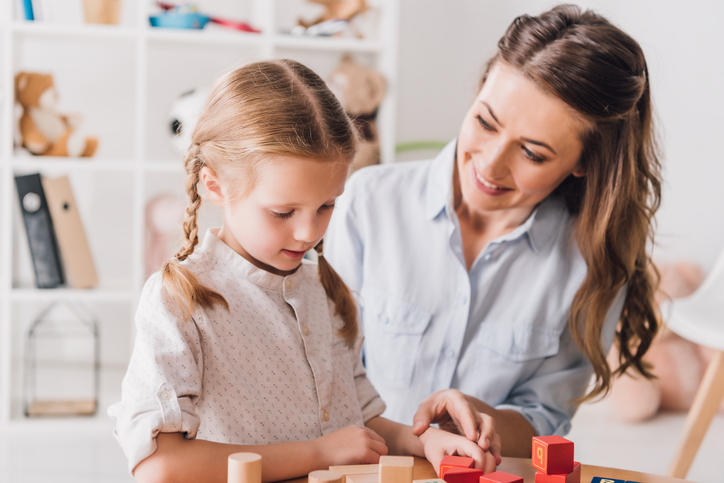
Assessing and supporting a child’s well-being can be challenging, even under the most ideal circumstances. It can become even more challenging – and even more important – given the fear and feelings of isolation amid the coronavirus pandemic. Understanding how to encourage and support healthy emotional and behavioral habits in your children can help them establish sound mental health now and for the future.
Assessing Behavior:
The first step in spotting and understanding emotional needs in your child is assessing their wellbeing. These tips can help guide how you perceive and evaluate their behaviors and words:
- Be present and available to encourage an open dialogue and chance to observe.
- Talk about shared challenges, such as feeling disconnected from friends.
- Brainstorm healthy ways to cope with struggles.
- When you hear or see something concerning, be curious rather than punitive. For example, ask, “What got in the way of finishing your schoolwork today?”
Tending to Yourself:
One of the best ways a parent can support the emotional and behavioral well-being of a child is to attend to their own well-being. Children are like sponges, soaking in everything around them, and research indicates that a parent’s mood has a significant impact on their children. When a parent exhibits a symptom of distress, such as anxiety, that symptom can influence all other members of the family. The inverse is true also: a sense of calm exhibited by a parent can bring calm to all family members. To best care for your children, care for your own emotional health and stay mindful about noticing when it’s time to seek additional support.
Acknowledging Needs:
Listening to and empathizing with your child’s feelings helps them feel validated and alleviates distress. To properly acknowledge your child’s needs, parents must remember that it is developmentally appropriate for children to think and respond differently than adults. For example, during adolescence it is normal for the world to revolve around peers, and thus, the response to being disconnected from friends may seem exaggerated or disproportionate.
Signs That Additional Support May be Beneficial:
Even with all of the above recommendations, there are times when your child may need additional support. Here are some signs that indicate that your child might need to speak with a professional:
- Your child exhibits a noticeable change in behavior. For example, your outgoing child is now isolating, or your independent, private adolescent now clinging to a parent.
- Physical symptoms develop, such as frequent stomach or headaches.
- Your child has preoccupation with a stressor that isn’t alleviated through support from family and friends.
- Your child requests to talk with a counselor.
Patricia Dobratz has a unique and diverse professional background in education, law and behavioral health. She is a Licensed Marriage and Family Therapist and Vice President of Behavioral Health at Bayless Integrated Healthcare.
